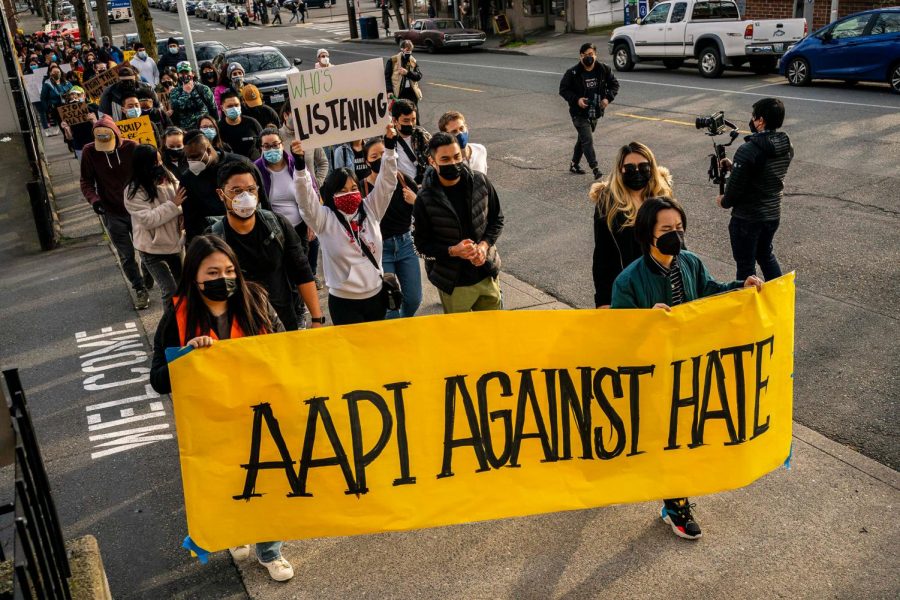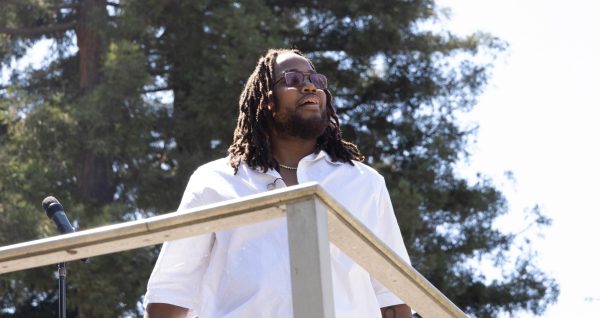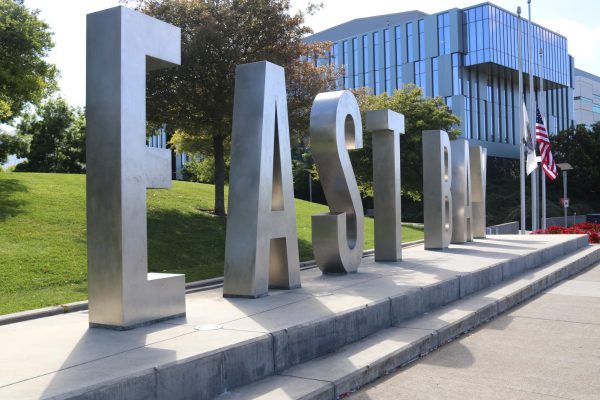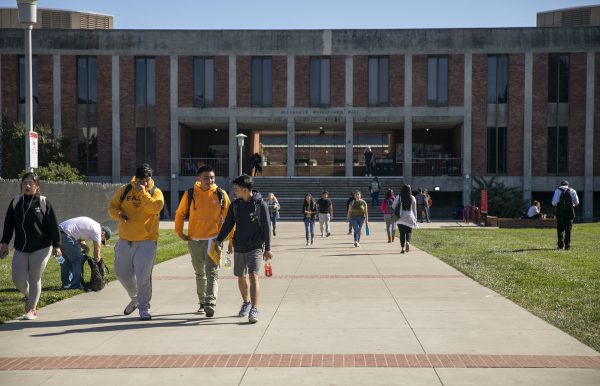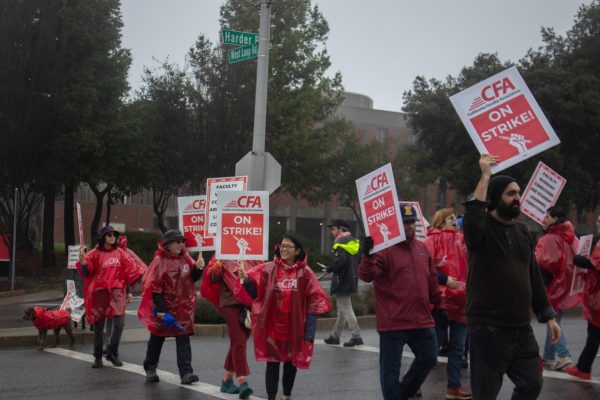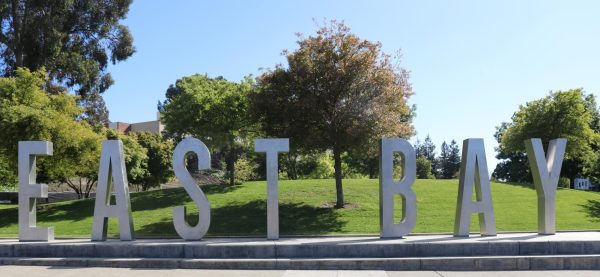Uprooting Anti-Asian Violence Workshop
April 23, 2021
The Pilipinx American Student Association (PASA) and Filipino Advocates for Justice (FAJ) co-hosted a workshop via Zoom where the leaders from both organizations led their “Uprooting Anti-Asian Violence in America ” discussion.
Their conversation came alongside a presentation that explained some of the contributing factors to Anti-Asian violence, including the ‘Model Minority’ myth, selective immigration, perpetual foreigner stereotype, racist hiring practices, impoverished living conditions and racial triangulation.
FAJ Tenant Organizer Denise Wong gave participants four discussion questions to answer in small groups to bring to the larger group discussion:
- How have you experienced Anti-Asian violence?
- How have you internalized white supremacy?
- How do you combat white supremacy?
- What can PASA do to combat Anti-Asian racism?
This gave workshop participants a space to talk openly about their experiences with racism and add to the discourse surrounding white supremacy in America. Through shared experiences, members of a community can find shelter and support.
“Community protects us from the violence of racism,” Yzrael Quezon, Racial Justice Project Coordinator for FAJ, said during the discussion.
The concept of Asian-Americans being seen as the “perpetual foreigner” emerged during World War II with the creation of Japanese internment camps. PASA defined the Perpetual Foreigner Stereotype as the assumption that ethnic minorities do not fit the definition of what it means to be American.
“The perpetual foreigner stereotype thrives on the dehumanization of Asian-Americans,” Wong said during the presentation.
PASA also defined the ‘Model Minority’ myth as the concept that Asians are the number one minority because they are smart, follow the rules, and closely align with eurocentric ideals. This myth is often internalized through believing the stereotypes against African-Americans, keeping quiet about the brutality and Anti-Blackness in Asian communities, and accepting the “white man’s” view of success and superiority.
“We are not the enemy… white supremacy is,” Wong said during her presentation, “You have to stop white supremacy by knowing when it shows up.”
A recent example of internalized Anti-Blackness is the George Floyd case where Officer Tou Thao is seen to have his back physically turned away as his white colleague presses his knee against Mr. Floyd’s neck. This sparks a larger discussion in the Black Lives Matter rhetoric that calls for support from every marginalized community.
Another contributing factor to the violence against Asian-Americans is the housing disparity faced in the past with the I-Hotel incident of 1968 and today during the Covid-19 pandemic.
50 percent of tenants experienced frequent or large increases in rent, and 74 percent of tenants cut down on at least one of their essential needs in order to pay rent (such as food, medical care, childcare, utilities, and clothing), according to a 2019 FAJ survey.
To end the workshop, Wong left everyone with a final question: how can we actively combat white supremacy?
FAJ has a number of upcoming events that are aimed to offer aid for communities in need and fight for justice alongside the Black Lives Matter movement.
FAJ events can be found on their website here, as well as PASA’s event here.




